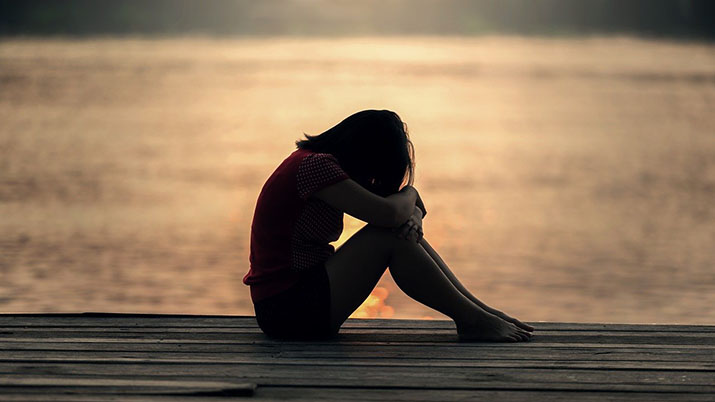Keeping violence out of teen dating relationships
Feb. 8, 2021

It’s February, when many a young person’s thoughts turn to love. Dating during the teenage years can be fun and exciting – but for 10 percent of US teens, it can also be violent. That’s why, in 2010, Congress dedicated the entire month of February to teen dating violence awareness and prevention.
Everyone, no matter their age, deserves healthy relationships free from violence and abuse. Yet almost half (43 percent) of college women say they’ve experienced violent and abusive dating behaviors, and a person of any race, gender, sexual orientation, financial status, or background can become a victim of dating abuse. Dating violence includes stalking, harassment, and physical or sexual abuse.
The issue itself is concerning, but it can also lead to other problems. Dating violence can put teen victims at risk for everything from substance abuse and risky sexual behavior to eating disorders and suicide. It can also lead to adult re-victimization; that is, a teen who was in an abusive dating relationship can grow up to be an adult in an abusive relationship. This can happen whether the teen experiences the violence directly or only witnesses it.
Relationships are complicated and unique, so it can be difficult to tell when dating behavior goes from healthy to unhealthy, especially when you’re right in the middle of it. However, there are typical warning signs, and although they include outright physical harm and rape, they can also be less obvious. Victims of teen dating violence may find their partner:
Acting jealous or insecure.
Isolating them from friends and family, being possessive or controlling.
Disrespecting and insulting them in front of others.
Showing extreme mood swings or explosive outbursts.
Checking their phone and private accounts without permission.
The solution to teen dating violence is a community-wide one. No matter how teens factor into our lives – whether they’re our children, grandchildren, students, neighbors or otherwise – we can help by treating our own partners in a healthy way. We can also talk to teens about dating violence and help them develop healthy relationship habits.
If you know a teen who is in an abusive dating relationship, call the National Dating Abuse Helpline at 866-331-9474 (for the hearing impaired: 866-331-8454) or visit loveisrespect.org for immediate, confidential assistance. Locally, you can find free and confidential help by calling the Minnesota Day One Crisis Hotline at 866-223-1111. Because violence should never be a part of any dating relationship.

